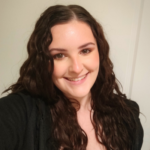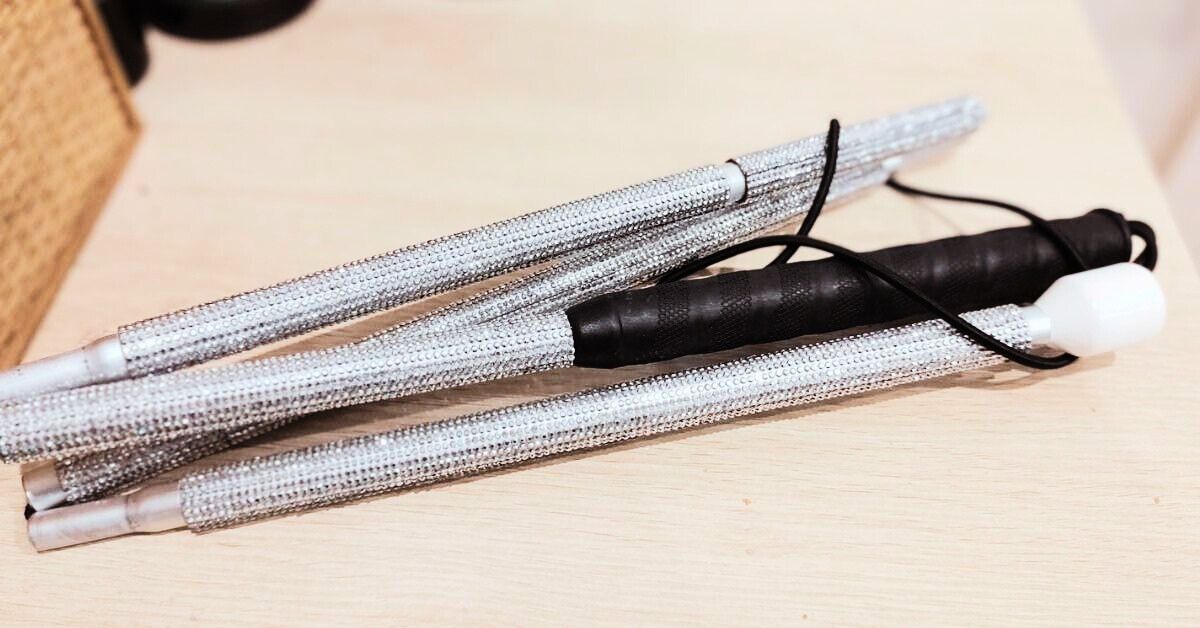Written by Bethany Cody for the DREAM Employment Network.
Prior to my first job, I had very limited knowledge of the different forms of accessibility and inclusive workplace practices, like captions in online meetings, or a communication order, AUSLAN interpreters, among many others.
My job interview for this position consisted of speaking openly and candidly with a staff member over Zoom about my strengths and interest in the role I applied for, without me having to send in a formal resume or have work experience in this area, as it was largely based on my lived experience as a young person with disability.
The stress over creating a perfectly polished resume was taken away and I felt I had a better chance at getting the job. My lived experience was valued, and the opportunity to use my experiences to help other young people with disability was almost cathartic.
Throughout my employment, I’ve learnt how valuable it is to have a diverse workforce. The more collaboration we have with each other, especially with people with disability, the better. It’s an opportunity to learn from each other, and we might even uncover new tools or access needs for ourselves by learning what works for others.
Disability is incredibly unique and diverse. It’s this uniqueness and diversity that contributes to a workplace that is creative, good at problem solving, and just generally a joy to be a part of, because everyone is valued and supported and working towards shared goals.
My skills have grown, as has my confidence.
Overall, I am more aware now of my surroundings, and of others, and that this world is largely not built with people with disability in mind. But with collaboration between people with disability and their employers, and a commitment to inclusion and equality, the barriers we face are lessened, and we can be more independent.
Loss of autonomy and independence is a common feeling among people with disability, myself included, and an inclusive and accessible workplace allows us to thrive and take back some sense of control, ensuring we are equals with our non-disabled peers and contributing to a more inclusive world in the process.

About the author:
Bethany Cody is a blind, Adelaide-based writer and disability advocate. She uses her lived experience with Retinitis Pigmentosa, an inherited retinal disease, to dismantle harmful stereotypes about blindness.


